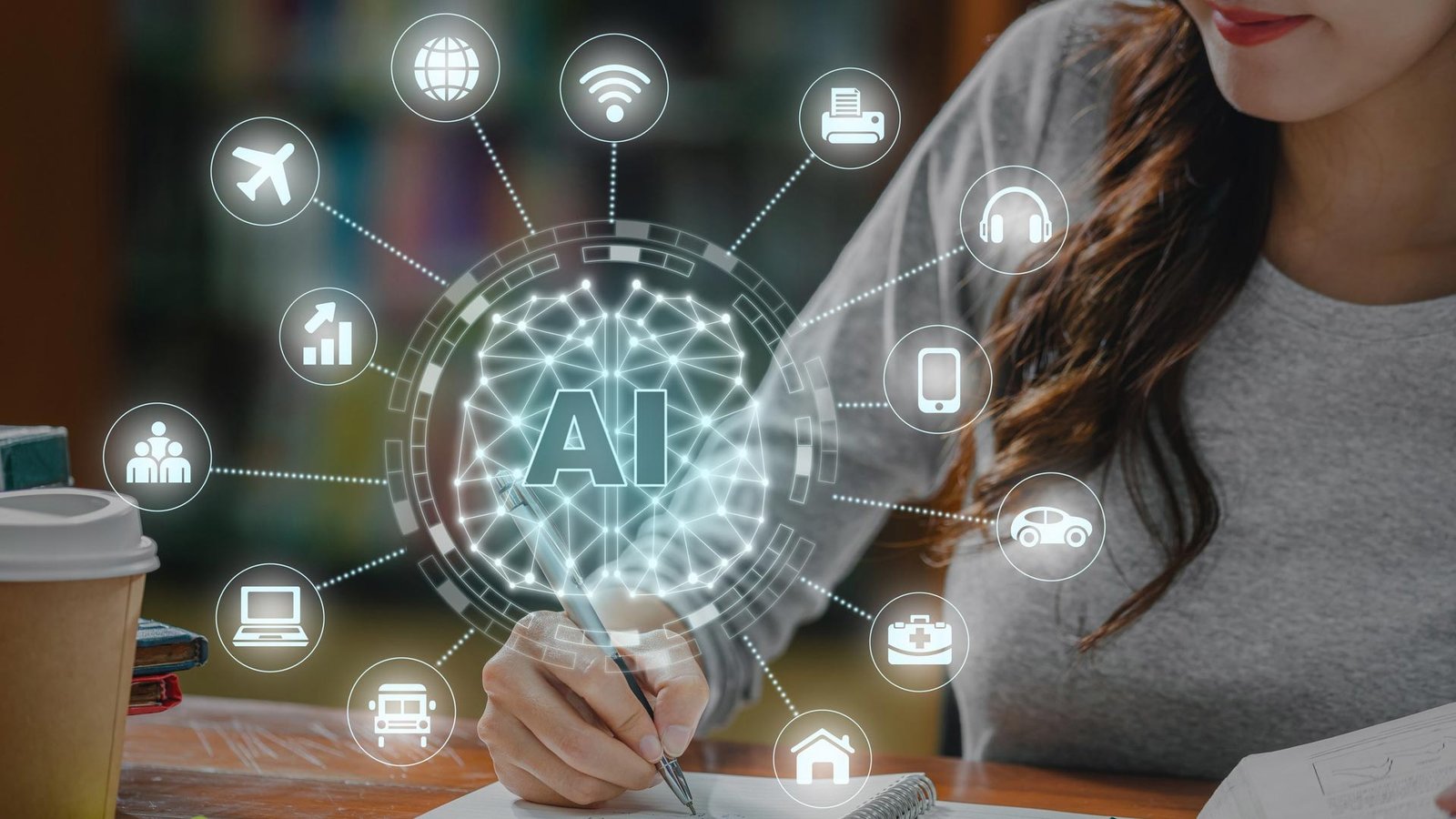Upskilling for the AI future requires trust, transparency, and continuous learning to build confidence, adaptability, and resilience in the workplace.
What was once an idea of the future is no longer – AI is everywhere and it’s here to stay. It’s embedded into our everyday workflows, reshaping how decisions are made, content is created, and tasks are automated. While the technology continues to advance, many employees are struggling to keep up with the unprecedented pace.
This gap between innovation and adoption isn’t just a technical skills issue, it’s a human one. Organizations should focus as much on educating their people as they do on implementing the tools themselves. Upskilling is a strategic necessity and the most effective strategies need to go beyond just technical training. These strategies must foster trust, have clear policies, and empower employees to confidently navigate change in a way that supports both personal growth and company success.
The challenge? Helping employees adapt without overwhelming them. The solution lies in thoughtful, human-centered upskilling strategies that simplify the technology, build digital confidence, and make AI feel like a partner, not a threat.
Understanding the fear, and addressing it directly
It’s no secret that many workers are skeptical about AI. In fact, more than half of U.S. employees remain hesitant or unsure about using AI in their day-to-day roles–and their concerns are valid. The unknowns around job displacement, data privacy, and organizational expectations can be difficult to navigate. But rather than dismissing these fears, leaders should embrace transparent conversations that explain how AI is intended to support, not replace, their teams.
This begins with education. Workers need to understand not only how AI solutions function, but also what they don’t do. Establishing and addressing clear internal policies around content ownership, data privacy, and ethical use builds trust and encourages adoption. Organizations need to make it clear that employees’ personal data, and company data, is not being used to train AI models, and that guardrails are in place to prevent misuse.
Much like digital literacy became a baseline expectation in the early 2000s, understanding how AI tools function and how to use them ethically is an essential part of today’s workflows. Companies should consider AI education a core component of professional development. This includes:
- Demystifying AI fundamentals, including large language models and generative tools
- Exploring real-world use cases across different job functions
- Establishing guidelines for responsible use
- Discussing upcoming regulations and the future of workplace AI
Building a foundation of continuous learning
AI is a moving target, which is why organizations should treat upskilling as an ongoing process and not just provide one single training session. Currently, 86% of organizations are not satisfied with the ability of their training solutions to drive outcomes. It’s essential for businesses to develop effective strategies that embrace the full spectrum of learning and development, including:
- Upskilling: Strengthening existing roles with new capabilities
- Upskilling helps employees enhance their current skill sets to keep pace with evolving tools, technologies, and workflows. With AI, this could involve teaching employees how to effectively collaborate with AI tools, training them on data literacy and critical thinking so AI outputs can be interpreted responsibly, and providing hands-on scenario-based learning that aligns AI skills with real daily tasks.
- Reskilling: Preparing people to shift into new roles
- As some roles become obsolete or change significantly due to AI automation, reskilling makes sure valuable employees aren’t left behind. In fact, 40% of executives believe reskilling is a necessity. This approach focuses on preparing workers to transition into different positions where their strengths can be re-applied.
- Cross-skilling: Encouraging adaptability across functions
- Cross-skilling, or teaching employees skills from adjacent disciplines, helps build organizational resilience and fosters collaboration. In an AI-enhanced workplace, where tools often span across departments, cross-skilling enables stronger collaboration between teams, a deeper understanding of how AI is transforming the business as a whole, and opportunities for career growth.
Considering the human side of AI adoption
To meet learners where they are, companies need to invest in flexible, on-demand training solutions. A good example of this is asynchronous video-based learning, which empowers employees to revisit complex concepts at their own pace while enabling organizations to scale knowledge efficiently across all teams – in person, hybrid, or even globally. By investing in transparent communication, ethical frameworks, and flexible learning strategies, businesses can ensure their teams don’t just keep up with AI, they thrive alongside it.
Technology alone won’t future-proof an organization. People will. Upskilling in the era of AI is more than just learning new tools. It’s about cultivating resilience, adaptability, and trust. Organizations that succeed in the AI age will be those that view their people not as passive recipients of technology – but as active participants in shaping its impact.
Explore AITechPark for the latest advancements in AI, IOT, Cybersecurity, AITech News, and insightful updates from industry experts!

